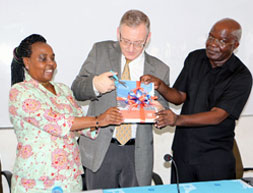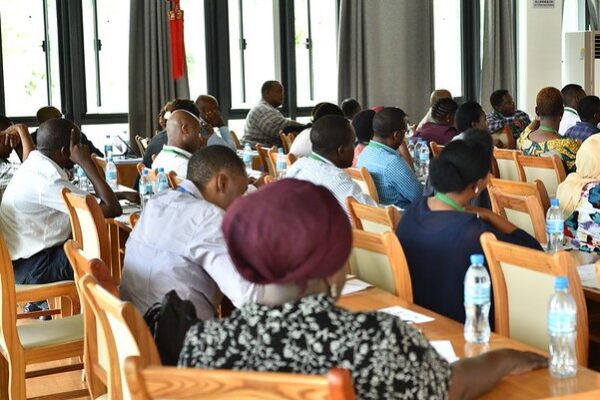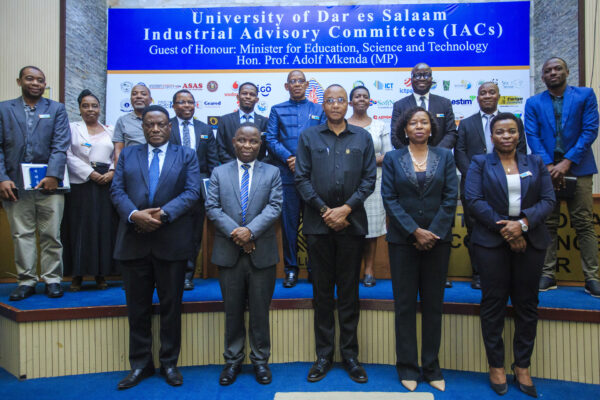Thursday, December 17, 2015
The United Nations in Tanzania has launched the Technology and Innovation Report 2015, which provides a comprehensive analysis of industry and Science, Technology and innovation policies in Tanzania and other African Countries.
The United Nations Conference on Trade and Development (UNCTAD) report indicates that industrial Development and Science, Technology and innovation (STI) policies should be coordinated so as to promote technological learning, competency building and competitiveness of the African industry, especially the manufacturing sector.
The report highlights some critical industrial development and innovation policy challenges facing Tanzania, Nigeria and Ethiopia, which are the three countries included in in-depth case studies.
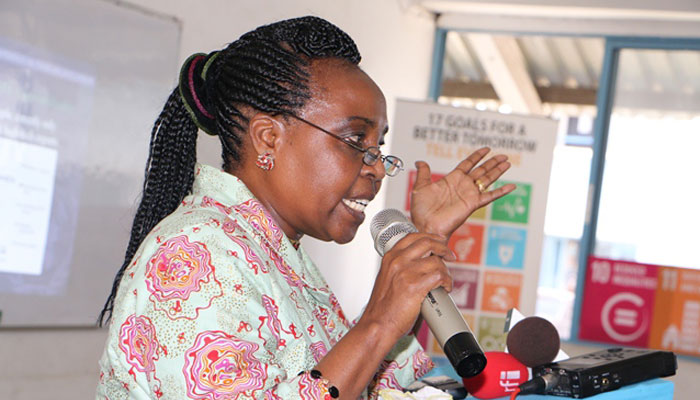
presents the report findings
Presenting the report findings for the Tanzania country, Executive Director of the Science, Technology, and Innovation Policy Research Organization (STIPRO) Dr. Bitrina Diyamett said the existing policies do not always correspond to the reality of the situation on the ground, “Policy can only work when there is implementation and coordination with other relevant policies; and industrial policy cannot be a stand alone, without support from other policies, including, and especially the STI policy”, she said.
Earlier on Dr. Diyamett said that the report is being launched at the opportune time when the Minister responsible for industry has just been sworn into the office, and His Excellency, the President of URT is still looking for the appropriate person to head the Ministry that would be responsible for STI. “The report should be able to help the Minister responsible for Industry to chat the way forward, and help the president in identifying an appropriate person to Head the ministry responsible for STI, she added. Ultimately the two Ministers need to meet and talk on how best to coordinate the two policies.
The report was unveiled at Mozambique –Tanzania Center for Foreign Relations in Dar es Salaam, barely a day after it was launched internationally in Geneva Switzerland.
The report found out that mainly because of difficulties in coordinating those two policy frameworks, even African Countries that spend more on research and development as a proportion of Gross Domestic Product (GDP) do not manage to export more high and medium technology products.
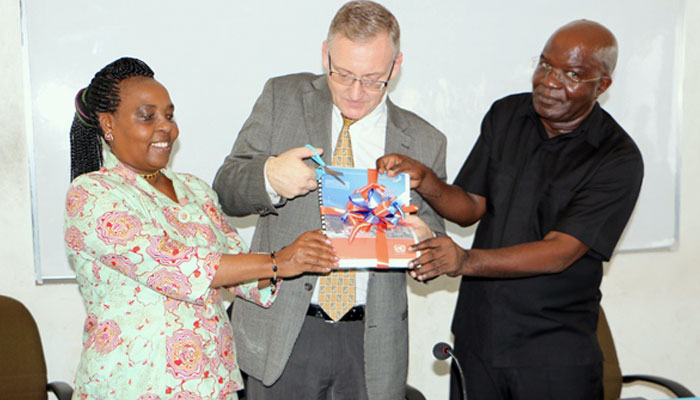
Speaking at the launching ceremony, the UN Resident Coordinator for Tanzania,Alvaro Rodriguez said the in-depth analysis provided in the report will help the Government in developing its five Year Development Plan for the mainland Tanzania and successor strategy for MKUZA II in Zanzibar and in achieving the Sustainable Development Goals (SDGs)
Already,the fifth phase Government is gearing towards industrialized economy as the main focus to realize the 2025 Development Vision in its second five year Development Plan spanning between 2016/2017 and 2020/2021 financial years.
More specifically to policy makers ,there is a need to establish an inclusive policy process that includes stakeholders from different sectors of the economy such as ministries, public institutions, private sectors, companies, higher learning organizations and research institutions, “noted Mr. Rodriguez.
According to the report, this will allow incentives for local firms such as research and development grants and loans, tax credits and Government Procurement, to be relevant to local needs and effective as incentive tools.
The in-depth case studies of Tanzania, Nigeria and Ethiopia were chosen for their differing economic profiles. The two countries are juxtaposed with Tanzania, which has a mix of resource based activities and other sectors. Nigeria is an oil rich developing Country and Ethiopia is least developed country with resource concentration in agriculture, mainly coffee.
Thus each country serves to illustrate a developmental challenge in the realm of coordination of industrial and innovation policies for developmental outcomes.
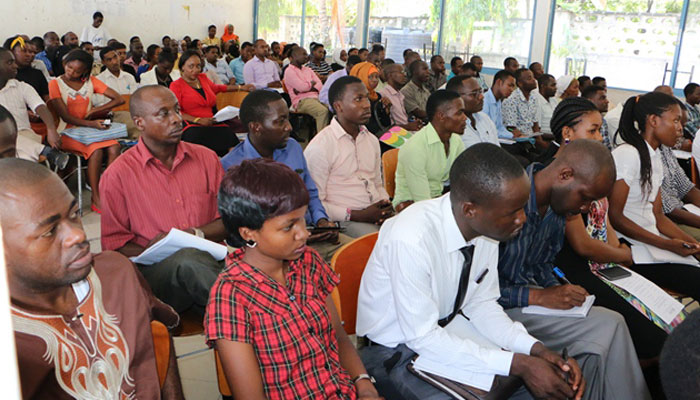
Each country also has national vision documents, new industrial development strategies and science, technology and innovation policies that embody the aspiration of their governments to transform the nations into middle income economies within the next two to three decades.

